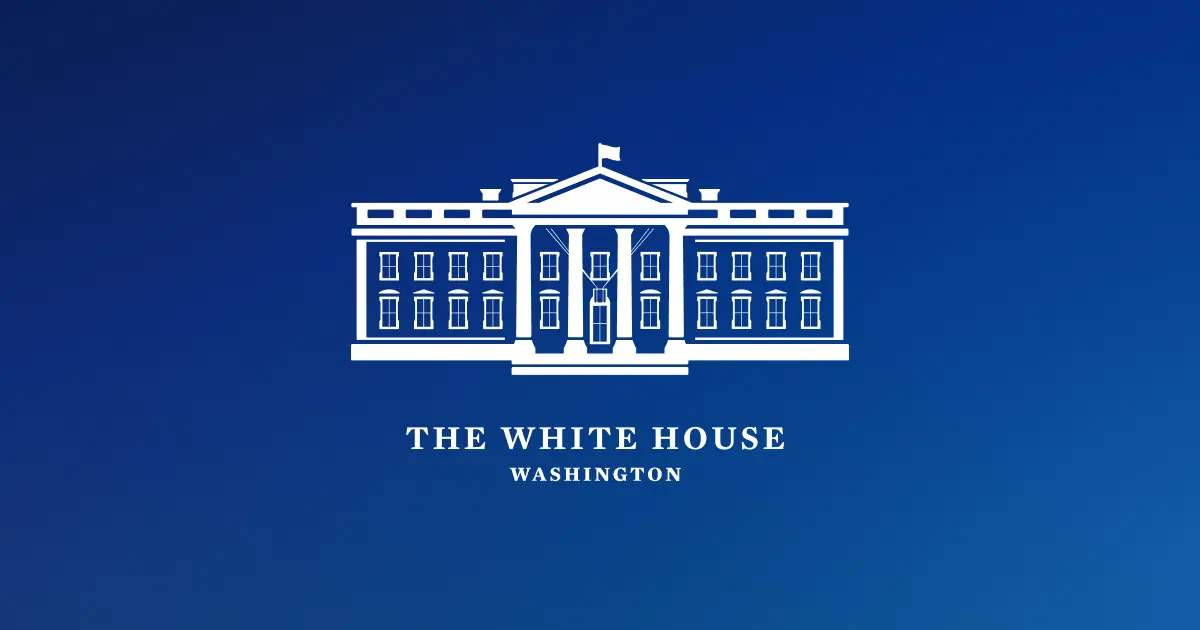I, Joseph R. Biden Jr., do hereby grant a full, complete, and unconditional pardon to all current United States citizens and lawful permanent residents who, on or before the date of this proclamation, committed or were convicted of the offense of simple possession of marijuana, attempted simple possession of marijuana, or use of marijuana, regardless of whether they have been charged with or prosecuted for these offenses on or before the date of this proclamation



Schedule III is a good move but also ridiculous. There’s no way MJ is just as addictive as codeine. But hey, at least this opens to door for national medical MJ which is a good step forward.
Straight codeine is schedule II, schedule III only includes things like Tylenol mixed with codeine if there’s less than 90mg of codeine in the dosage unit. I don’t necessarily agree with that, but that’s the way it is.
Schedule III is for drugs with “moderate to low potential for physical and psychological dependence.”
Frankly our research on cannabis still has a lot of catching up to do because it’s been hard to properly and legally study it for so long, but the current understanding shows that around 10% (give or take a couple percentage points depending on your source) of regular cannabis users do tend to develop some kind of dependence. That’s fairly significant.
In the grand scheme of addiction, marijuana addiction isn’t the biggest deal, there’s plenty of harder habits to kick with far worse withdrawal symptoms, but there is some addictive potential there that is still worth considering.
But I I think that “moderate to low potential for physical and psychological dependence” is probably not a bad way to describe the risks of marijuana dependence.
Really I’d like to burn the entire scheduling system to the ground, a lot of is doesn’t make a whole lot of sense, but if we have to fit cannabis into the existing system, III isn’t the worst place for it.
Frankly, we should be comparing cannabis with nicotine products.
Nicotine products are available over the counter legally in all 50 states and all US territories. Cigarettes are responsible for 480,000 deaths annually in the US alone, and the rate of tobacco addiction is 56% among smokers.
Nicotine has, by all measures, very high potential for dependence and well-documented devastating health consequences associated with long-term use. You can still buy Marlboros 24 hours a day at any gas station. You can buy them at any grocery store.
If they’re not schedule III, why the fuck is cannabis still schedule I? It’s utterly absurd.
We should not pre-negotiate on this. Cannabis should be as legal to purchase as tobacco. (I’ll concede a higher purchasing age, given studies that suggest deleterious effects to those under 25).
I don’t disagree, I think it’s pretty nuts that things like alcohol, nicotine, caffeine, etc. are exempt from the drug scheduling system, and that’s part of the reason I’d like to burn the whole system down and start again.
It would be a pretty monumental undertaking, and I’m certainly not holding my breath for it, but I’d like to see a more comprehensive and unified approach that would include basically every substance that a person could conceivably want to put into their body or might be exposed to in everyday life, drugs, medications, foods, additives, household chemicals, etc. with probably dozens of categories with various restrictions.
If it were up to me (and I’m no doctor/scientist so take my opinion for what it’s worth,) I’d probably put cannabis in the same or a similar category as things like alcohol, tobacco/nicotine, caffeine, psychedelics, certain OTC medications, household chemicals and excessively sugary foods. Things with potential for abuse/dependency, that when used in moderation/in a manner consistent with the intended use are unlikely to cause significant short-term health effects, but could be dangerous at higher doses/exposure levels, or may cause/contribute to longer-term health issues. It would probably need to be further broken down into a few different categories with more specific regulations/guidelines/restrictions/exemptions, but that’s generally my train of thought.